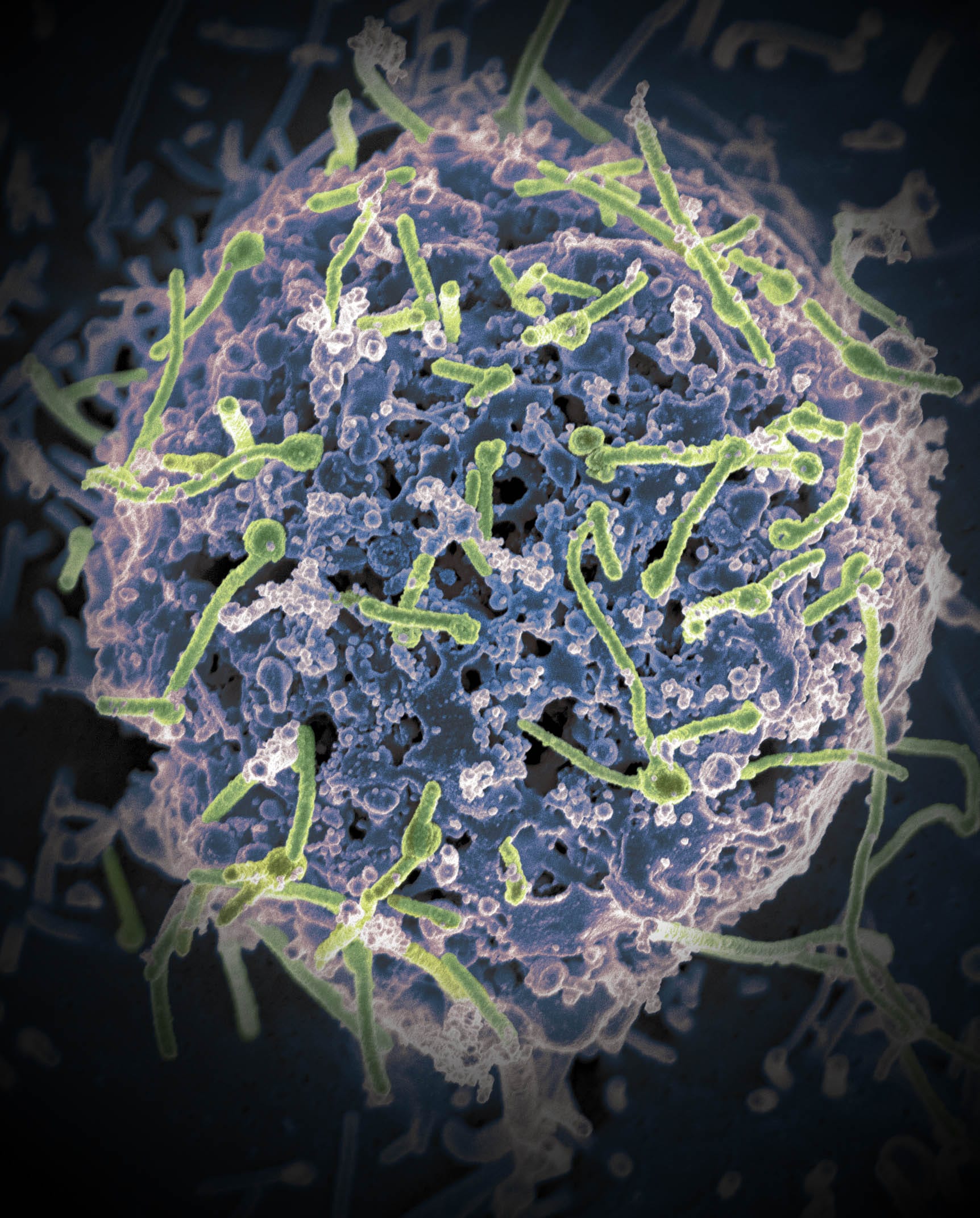“Last year the Ebola outbreak kick-started the development of a fast and accurate Ebola test to be used with Biocartis’ Idylla™ platform” – says Daap Kooij (Janssen Diagnostics). “We expect the test developed in partnership with Biocartis to be ready for clinical use by Q4 of 2015 as an FDA approved EUA product. It will initially target the African market where it will bring otherwhise complex testing with the simplicity of Idylla™ to the hands of its healthcare professionals.”
In partnership with Biocartis and the Institute of Tropical Medicine in Antwerp, Janssen Diagnostics is developing and will commercialize certain assays for infectious diseases to be used with Idylla™. One of such tests is an Ebola diagnostic assay, detecting the Zaire and Sudan Ebola strains. Validation testing of virus samples in Belgium and the US is currently in its final stage.
It only requires a blood sample
The Ebola test uses a 0,2 ml anti-coagulated blood sample, which is added to the cartridge. The cartridge contains all necessary reagents for the fully automated detection of viral RNA in the patient’s blood. A complete sample analysis can be performed outside of the specialized laboratory, making the test ideal for use in regions with limited infrastructure. Moreover, the cartridge does not even need to be refrigerated, which is advantageous in regions with warm climates. The whole Idylla™ system is extremely user friendly and the operator doesn’t need any special training. Kooij comments: “The whole beauty of this platform is that it opens up the possibilities to run molecular diagnostics at virtually any place. Even when electricity is not available, Idylla™ will continue to operate by external batteries or solar energy.”
Safe for the healthcare professionals
The Ebola outbreak, which occurred last year, exposed an urgent need for fast and accurate diagnostics. Most of the Ebola tests (EUA approved) that are currently in use are based on manual extraction of viral RNA from patient’s blood, plasma or serum. Handling potentially infected blood samples is both time-consuming and cumbersome for healthcare personnel. In the Idylla™ cartridge, sample preparation happens automatically in the cartridge without involvement of the operator. “The user interaction of the healthcare professional is limited to less than 2 minutes hands-on time consisting of scanning and inserting the sample in the cartridge. The lid, once in closed position, cannot be reopened. This is very important in terms of safety and avoiding cross-contamination of the sample. After completing the test, the whole cartridge is discarded into a biohazard container,” explains Kooij.
By September the tests should be ready for clinical use. In the meantime, the Ebola outbreak has largely been controlled. This creates a new challenge for widespread deployment of the tests once available. “In addition to selling to customers through a traditional commercial approach, we are looking for partnerships with non for profit organizations, foundations, institutions like WHO, UNICEF, and Médecins Sans Frontières.”
(Image: Ebola virus (green, isolated in November 2014 from patient’s blood sample in Mali) on the surface of the cell. Credit: NIAID, flickr.com)


